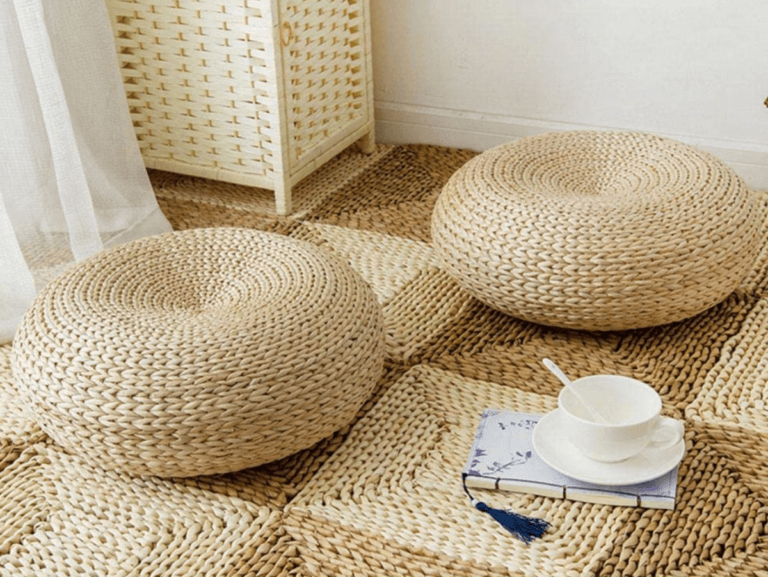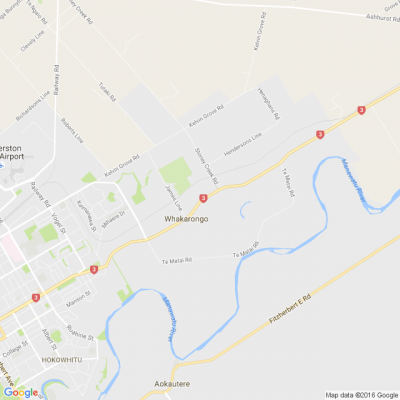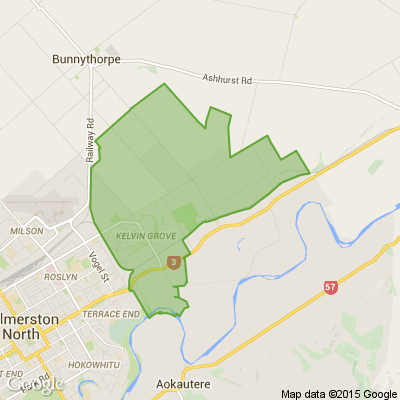Jumping for Jute!
Jute is a natural fibre with golden & silky shine, and hence nicknamed as The Golden Fibre.
Jute is one of the most versatile natural fibres that has been used in raw materials for packaging, textiles, non-textile, and agricultural sectors.
Jute is a vegetable plant whose fibres are dried in long strips, and it’s one of the cheapest natural materials available; together with cotton, it is one of the most frequently used.
The plants from which jute is obtained grow mainly in warm and humid regions, such as Bangladesh, China, and India.
Jute can be grown year-round and is harvested every six months. It can take decades to produce the same volume of wood fibre and it requires much larger tracts of land to cultivate.
The woody core of the jute plant, called hurd, has thousands of potential industrial and commercial uses. As an alternative to wood, hurd is capable of meeting most of the world’s demand for wood and wood products. Using hurd and jute fibres means that the level of deforestation to meet the current demand for paper and wood could be significantly decreased if they were used as an alternative.
Jute is 100% biodegradable (it degrades biologically in 1 to 2 years), low-energy recyclable, and can even be used as compost for the garden. It is clear in terms of reusability and recyclability that jute bags are one of the best options available nowadays.
Jute fibres are tougher and more resilient than paper made from wood pulp and can withstand prolonged exposure to water and weather. They can be reused many times and are thus very environmentally friendly.
The application of jute is a significant step in combating the use of different materials containing toxic wastes. Jute bags cut down the employment of plastic bags, which have now been effectively banned in many countries due to their harmful components. Jute seems to be one of the best alternatives to it.
We hope you enjoyed learning about Jute as much as we did, we would love to hear your comments! We have more interesting reads on our blog: www.curtainclean.co.nz...

Poll: Do you think banning gang patches is reasonable?
With the government cracking down on gangs, it is now illegal for gang members to display their insignia in public places whether through clothing or their property.
This means arrests can be made if these patches are worn in places like restaurants, shops, on public transport or ferries, and on airplanes. Arrests were made recently at a funeral.
Do you think this ban is reasonable?

-
76.9% Yes
-
21.6% No
-
1.5% Other - I'll share below
What's your favourite recipe for courgettes?
Kia ora neighbours. If you've got a family recipe for courgettes, we'd love to see it and maybe publish it in our magazine. Send your recipe to mailbox@nzgardener.co.nz, and if we use it in the mag, you will receive a free copy of our January 2025 issue.

Pregnancy Study - Seeking participants for Massey Observational study
Are you less than 15 weeks pregnant or know someone who is?
I would love to hear from you regarding joining an Observation study on New Zealand Pregnant woman investigating Thyroid function. We are seeking participants who are: - ages 18 years or older - Who are early in their pregnancy (less than 15 weeks)
What your participation involves:
• We will ask you a series of questions about your dietary intake, supplement use and lifestyle.
• We will ask you to collect a sample of urine to analyse some micronutrients.
• We will take a blood sample to analyse for micronutrient status and thyroid function.
• After your baby is born we ask that you send us some of baby’s nail clippings
We reimburse your travel expenses.
If you or someone you know would like to take part, or to find out more about the study, please get in touch via email WOVEN@massey.ac.nz or phone 06 951 6437







 Loading…
Loading…

















